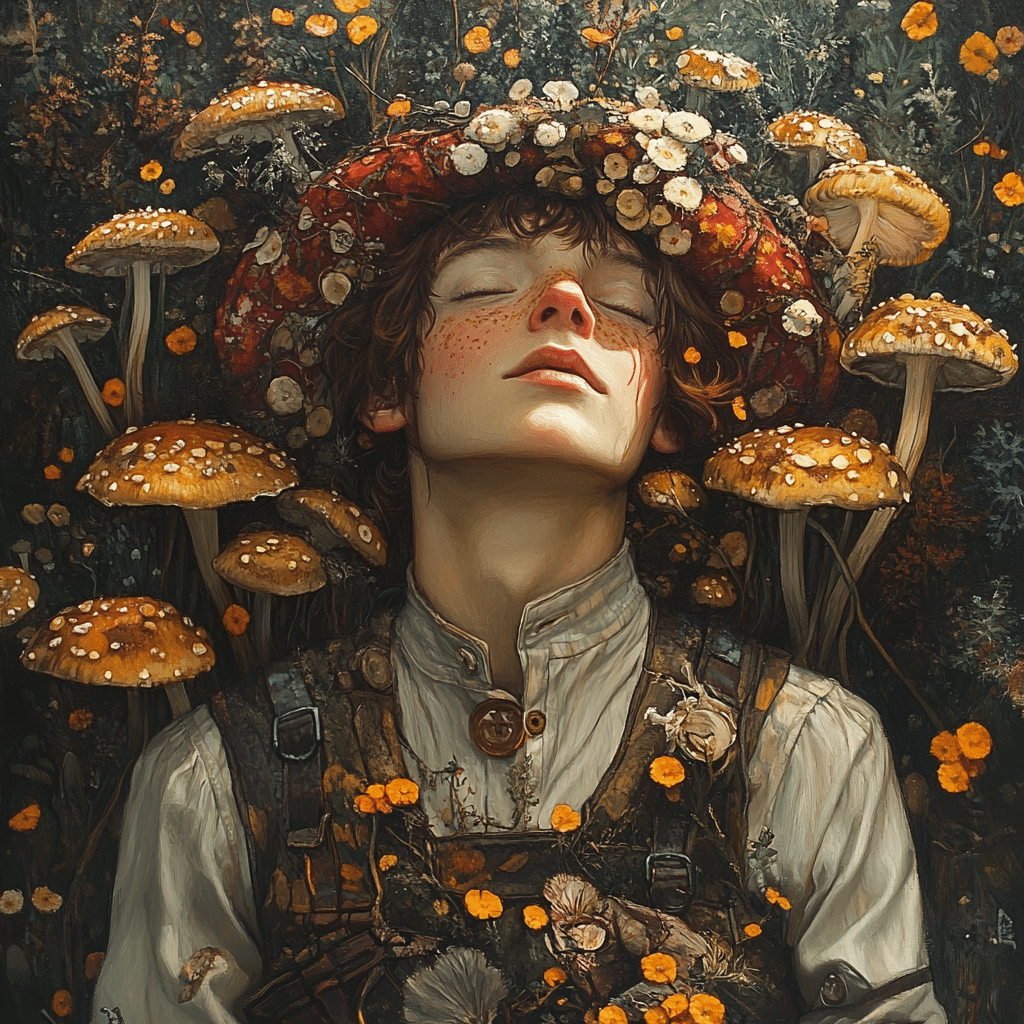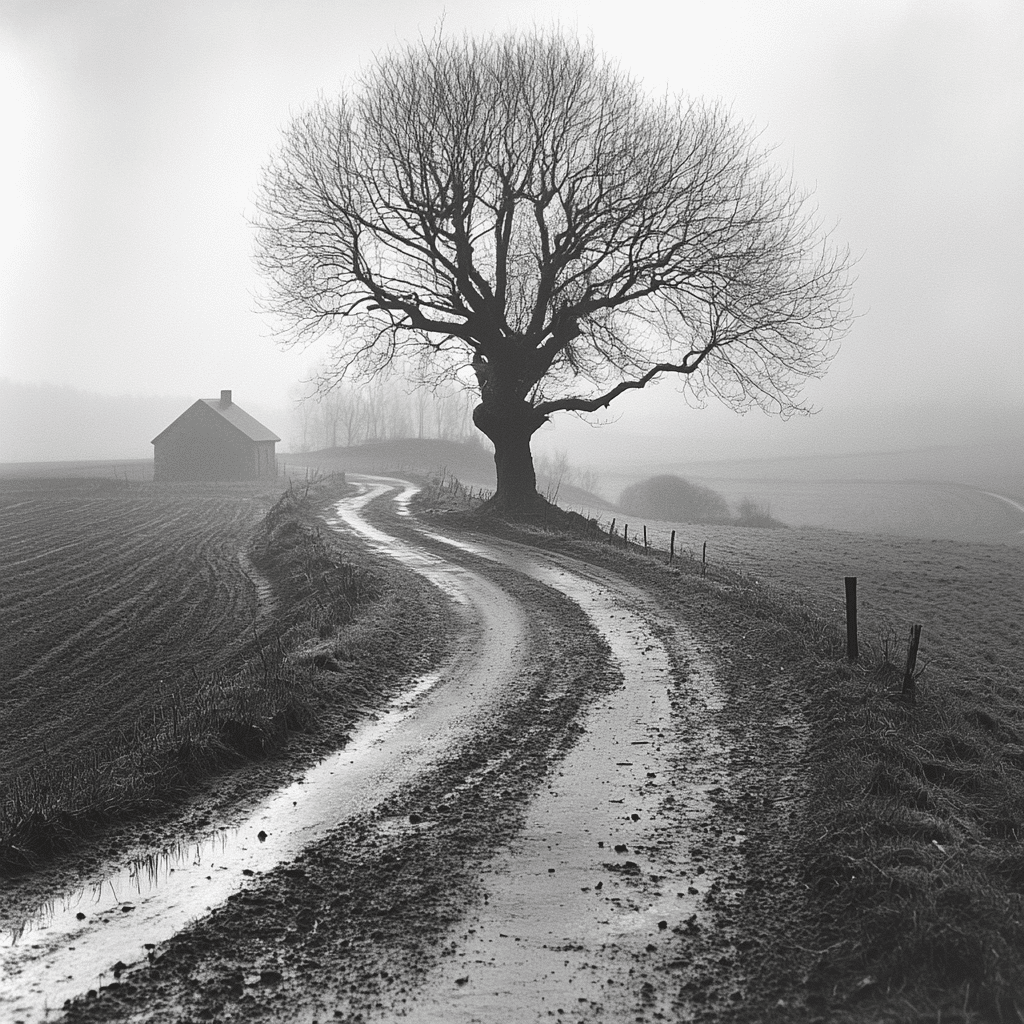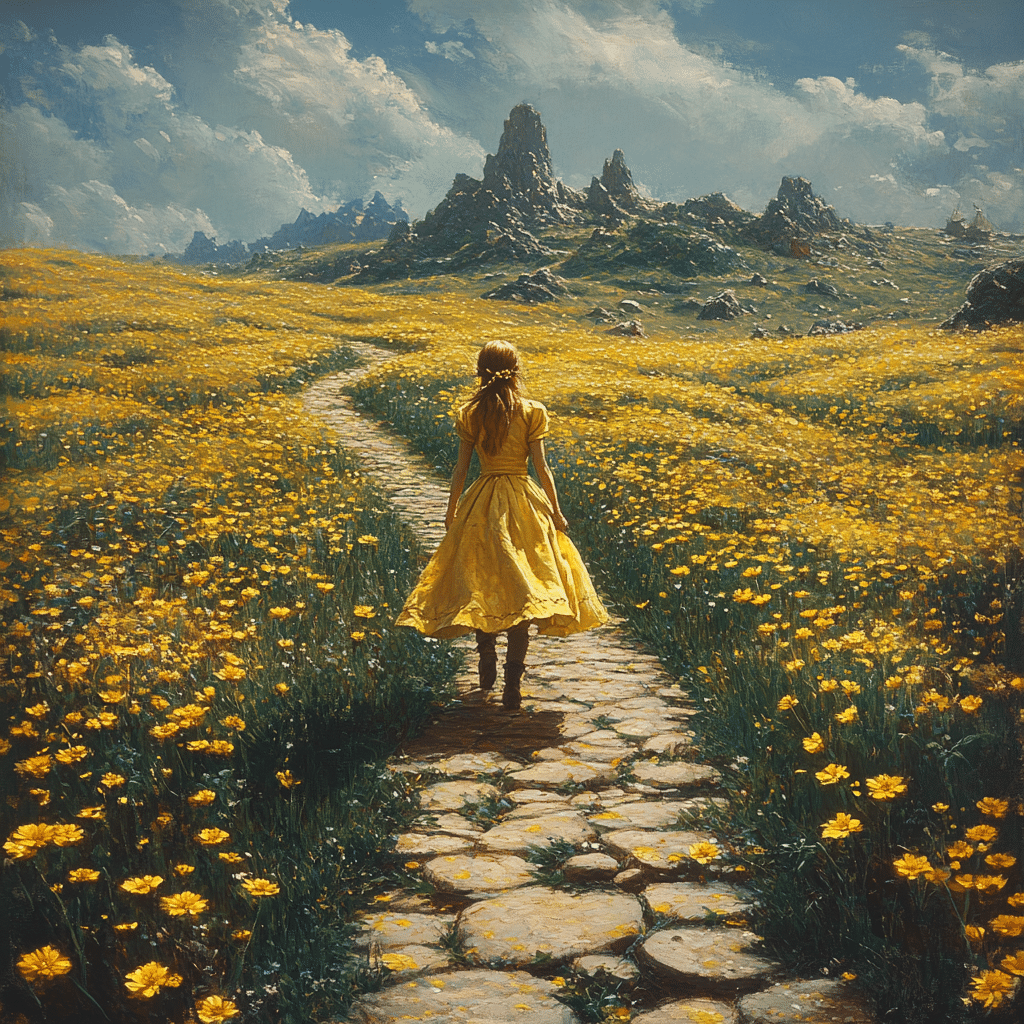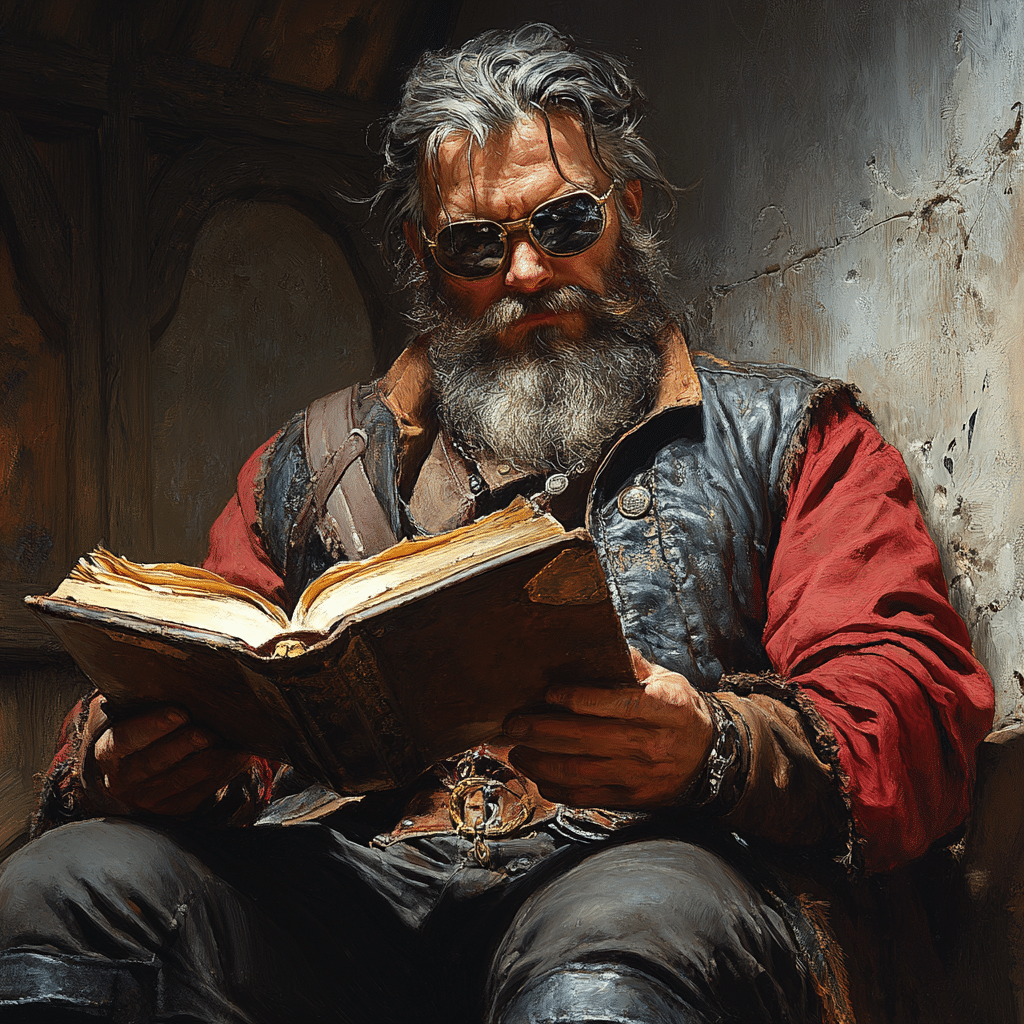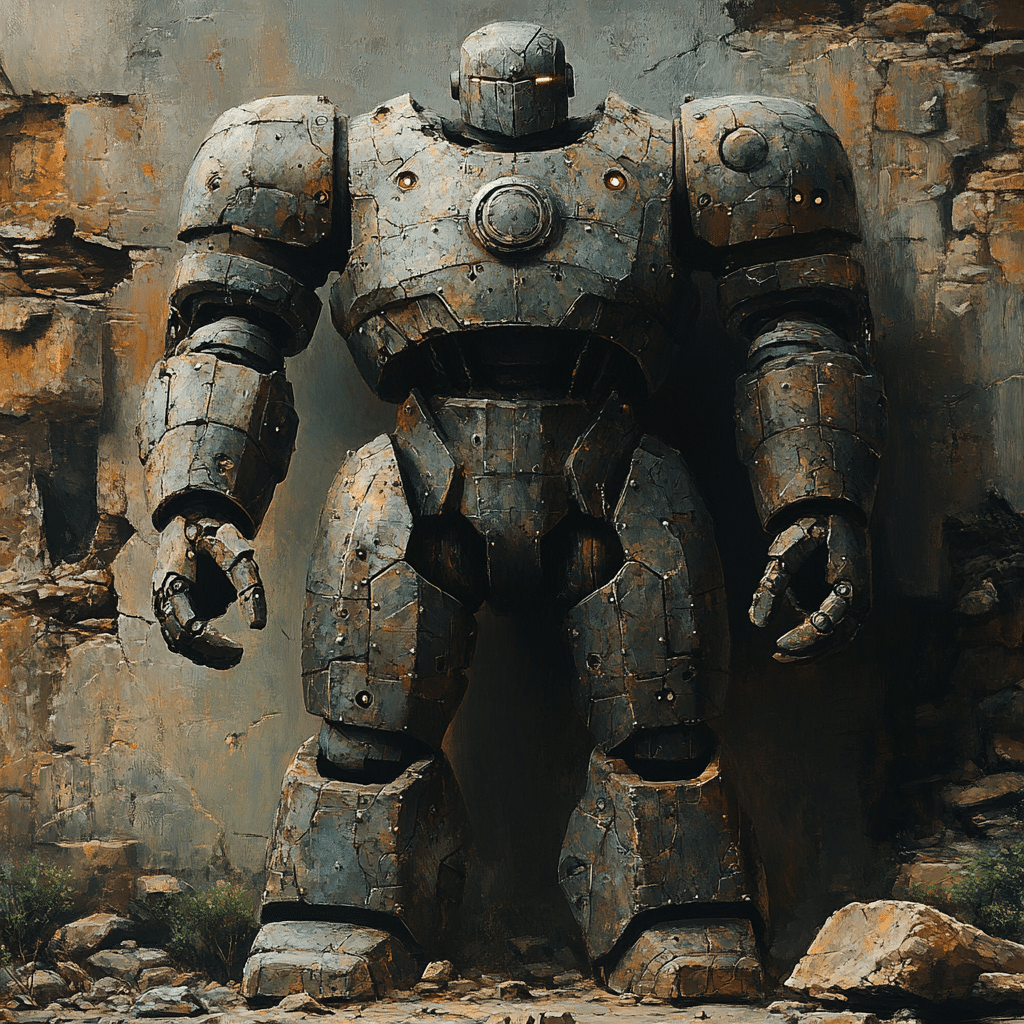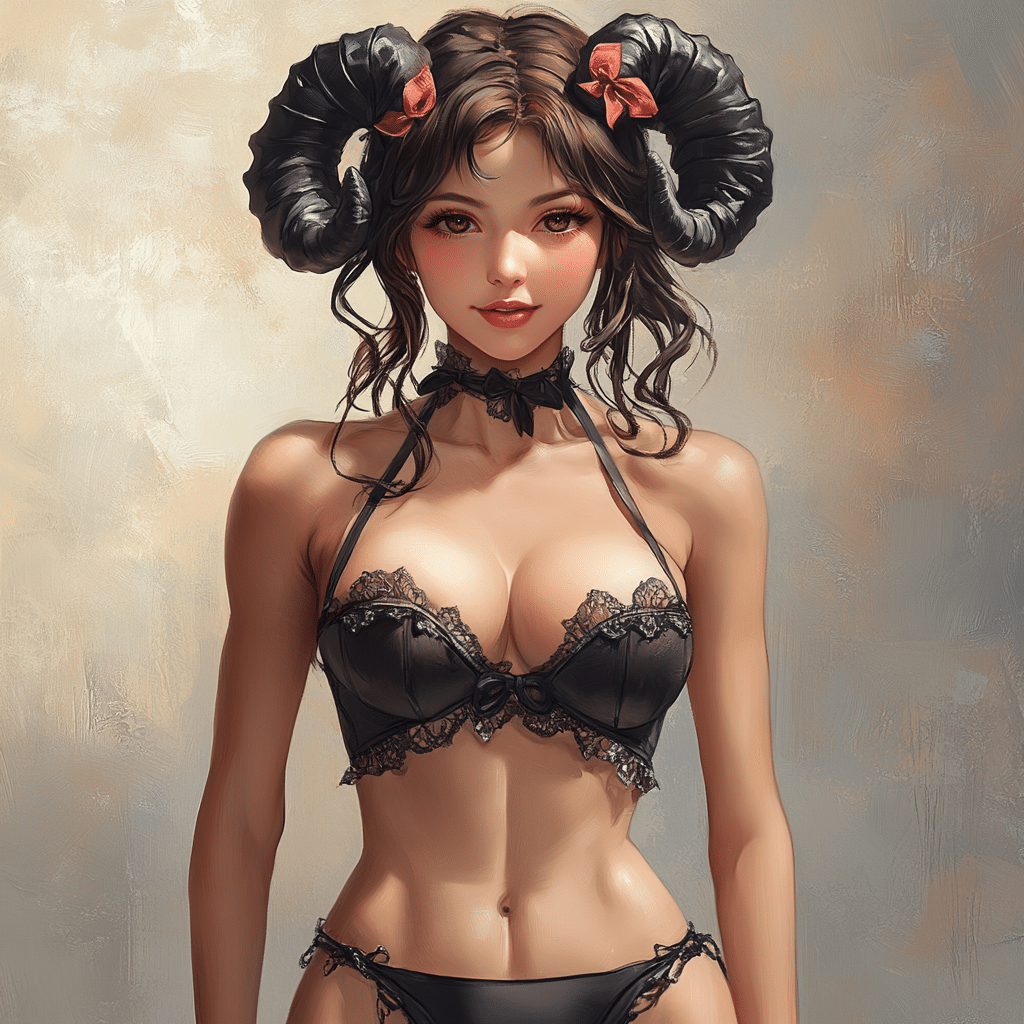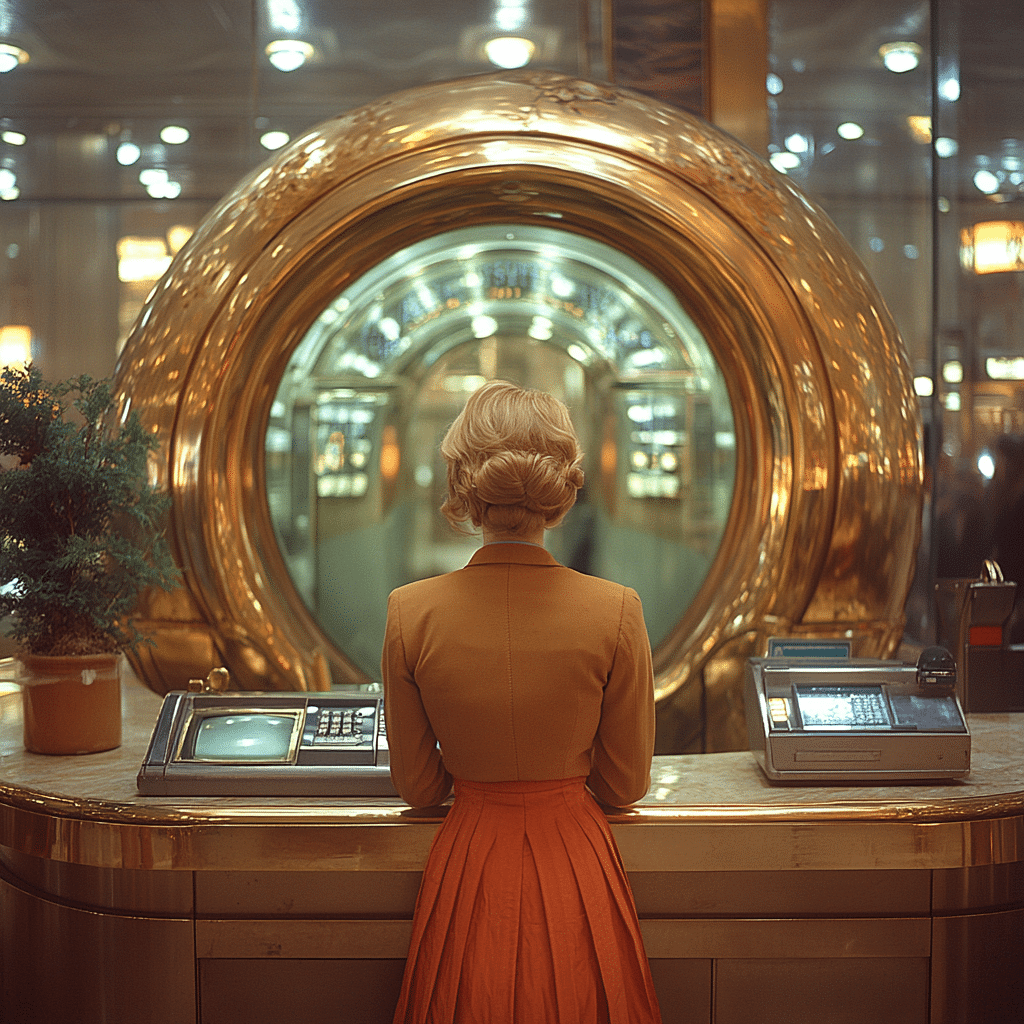Frank Zappa’s “Joe’s Garage: Acts I, II & III”, released in 1979, isn’t just a rock opera—it’s a satirical jab straight to the heart of the music industry, censorship, and the twisted fabric of society. It’s the same punch that leaves you clutching your sides with laugher while also making you ponder where we stand, what we hear, and what we say.
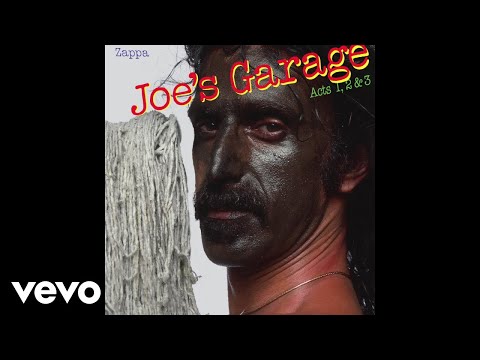
The Cultural Impact of Joe’s Garage on 1979’s Music Landscape
As the ’70s drew to a close, the music scene was an eclectic mix akin to a melting pot of genres. Disco’s shimmering dance floors were on the wane, punk’s raw edge was cutting deep, and rock ‘n’ roll—well, rock ‘n’ roll was doing what it does best: transforming. Enter Joe’s Garage. No red carpet, no bells and whistles, just Zappa doing what he did best: creating something so confusingly unique that it sat outside the charts, wagging its finger at the mainstream.
Joe’s Garage wasn’t just your average needle in a haystack—it was a flaming arrow that flew right into the haystack and set it ablaze. Critics and fans alike didn’t know what hit them. Some viewed it as Zappa’s magnus opus, while others needed time to digest the genius laced with lunacy. Long story short, Joe’s Garage became the compass pointing towards the potential of rock and conceptual albums and leaving its mark like a footstep on the moon.
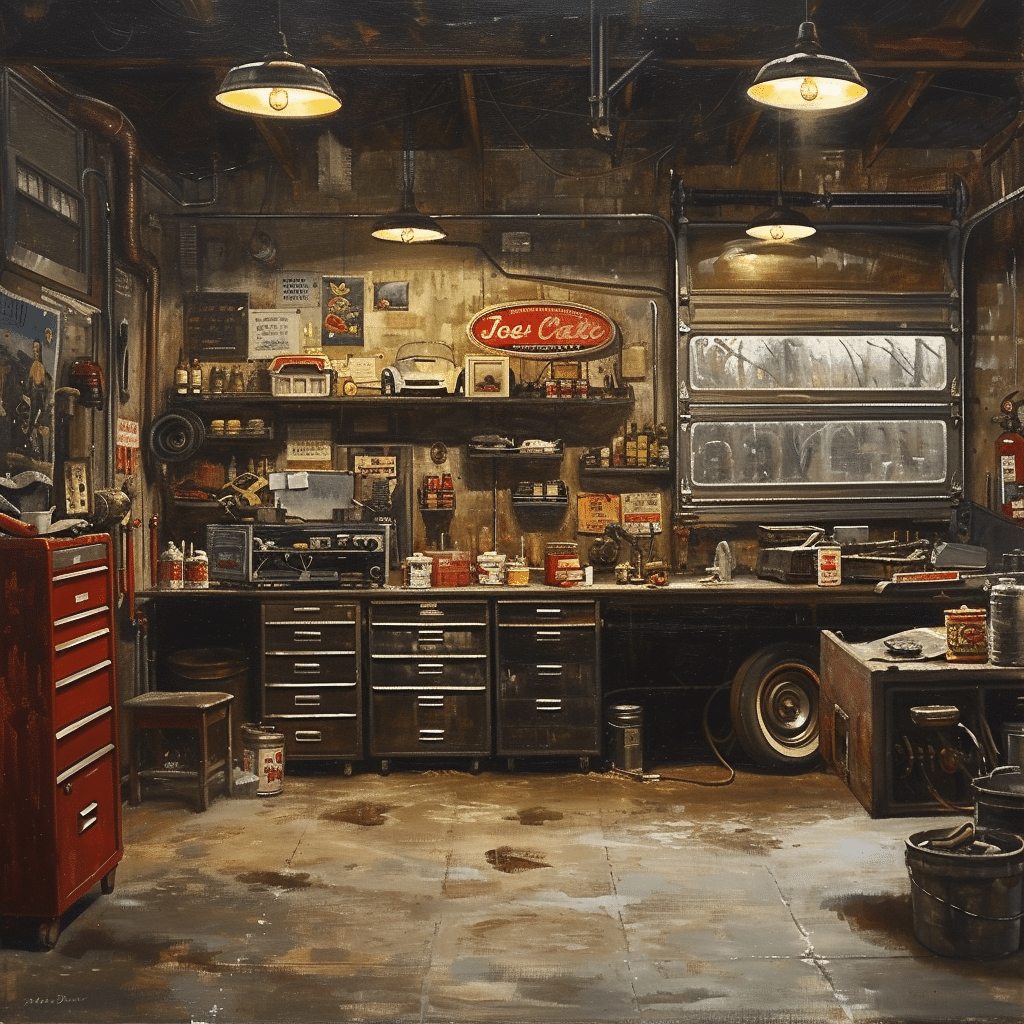
Behind the Scenes of Joe’s Garage’s Creation
Funny you should mention the moon because Frank Zappa was always a maverick, out there in orbit. And with “Joe’s Garage”, his inspiration seemed to be the absurdity of everything. Like peeking under the hood, let’s get greasy and understand the gears of Joe’s Garage’s creation. Zappa, ever the provocateur, found his muse in the societal and political inkblots of the late ’70s—from governmental oppression to the Roman Catholic Church, issues which our Mary, voiced by Dale Bozzio, crooned about.
The album was a snappy retort to the Orwellian vibes of the era, but had tunes that could make anyone’s Nike Air zoom Pegasus 38 tap rhythmically. During the garage sessions, Zappa’s magnetism pulled in ace musicians like Vinnie Colaiuta, who Modern Drummer would label the most technically advanced drummer ever. Zappa, with his band of musical insurgents, aimed to sculpt sounds unheard and unnoticed by others.
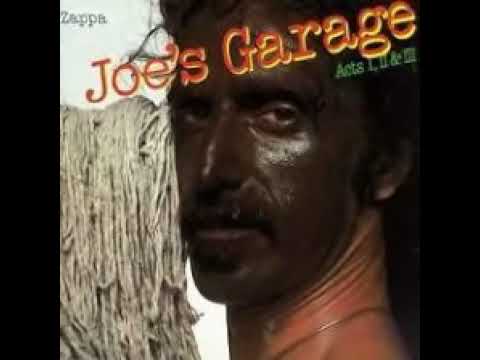
| Category | Details |
|---|---|
| Album Title | Joe’s Garage: Acts I, II & III |
| Artist | Frank Zappa |
| Release Date | September 17, 1979 (Act I), November 19, 1979 (Acts II & III) |
| Concept | A rock opera that explores a dystopian future where music is illegal and the consequences thereof. |
| Main Character | Joe (voiced by Ike Willis) – a representation of a typical garage band musician. |
| Significant Themes | Censorship of music, the machinery of the music industry, youth culture, arbitrary government control. |
| Vocal Contributions | – Dale Bozzio as Mary, discussing issues like religion and sexuality. |
| – Ike Willis as Joe, embodying the journey through the music industry. | |
| Musical Style | Rock, with a blend of progressive, funk, and jazz influences. |
| Critical Acclaim | Vinnie Colaiuta’s drumming on the album received high praise from Modern Drummer magazine. |
| Drumming Recognition | Named “the most technically advanced drummer ever” for his performance on the album. |
| Drumming Rank | One of the top 25 greatest drumming performances of all time by Modern Drummer. |
| Frank Zappa’s Legacy | Advised selling of master recordings posthumously by his wife, as per his wishes. |
| Death of Frank Zappa | Died on December 4, 1993, at the age of 52 from prostate cancer. |
| Impact on Culture | The album is a satirical expression that critically examines societal issues through the lens of music. |
| Availability | Can be purchased as CD, vinyl, or digital download through various music retailers. |
The Story and Characters of Joe’s Garage
Buckle up and let’s tour Joe’s topsy-turvy world. Joe, voiced by Ike Willis, is every kid strumming licks in a suburban garage, his religion is rock ‘n’ roll, and his sermons are electric. In this satirical odyssey, Zappa boots Joe through a pinball machine of perversions and predicaments, each flipper and bumper being an exaggerated caricature of life and what happens if music, God forbid, became illegal. Every character’s a chess piece, some symbolic, some too real.
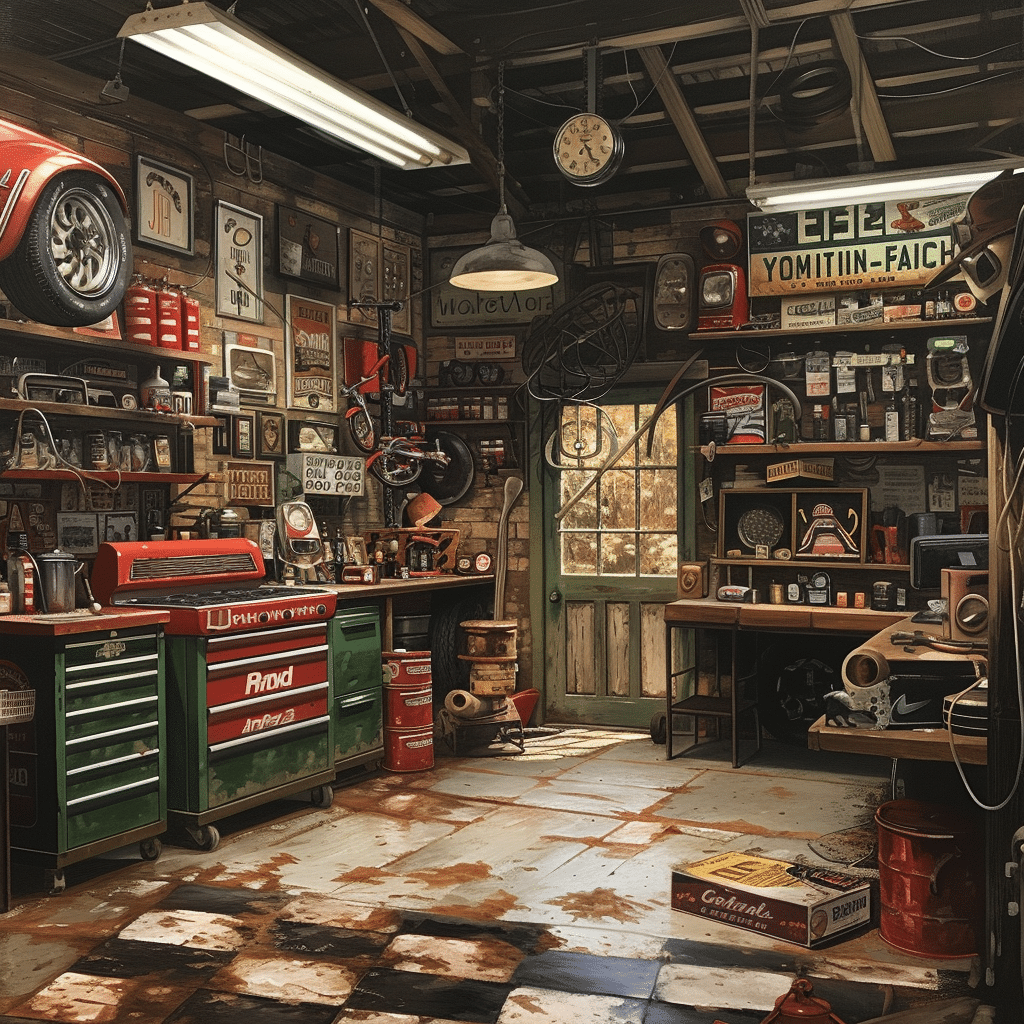
Musical Innovations and Stylistic Journeys in Joe’s Garage
Okay, so what makes Joe’s Garage stand up and play a solo? It’s like Zappa decided to throw genres into a blender and pressed “frappe”. Rock fused with jazz, collided with funk, and swung around with a touch of punk aesthetics. You’ve got tracks like “Catholic Girls” and “Watermelon in Easter Hay”, producing sonic landscapes that can take you from a chuckle to a tear in minutes. Zappa went full mad scientist on recording techniques, bending equipment and airwaves to his whim.
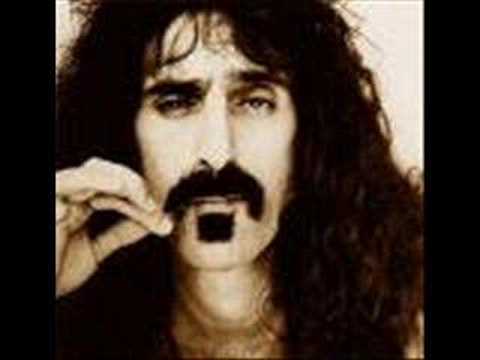
The Complex Themes and Satirical Commentary in Joe’s Garage
Talking about bending, let’s not forget the thorny themes. Picking at the scabs of freedom of speech, government control, and poking at the music industry with a sharp stick, Zappa wasn’t just whistling ‘Dixie’. His satirical lens was wide, taking snapshots of everything skewed and printing them in vibrant, musical ink. He poked fun while also sounding the alarm—like a Roundhouse Morning Kick to awaken the soul.
Joe’s Garage Live Performances and Theatrical Adaptations
What happens when such a mind-bending album hits the stage? Footlights didn’t dull the narrative’s sharp edges, nor the emotional punch of its tunes. From small venues to larger-than-life concerts, Joe’s Garage peeled off the vinyl and stepped out into the spotlight, every performance etching Zappa’s genius deeper into our culture’s consciousness. The theatrical adaptations? Well, they were as absurd and as poignant as the material demanded.
Censorship Battles and the PMRC: Joe’s Garage in the Crosshairs
Of course, not everyone wanted to hear what Joe had on repeat. Conservative groups bristled, and controversy swirled like a Ormound Beach Hurricane Idalia. Zappa himself became embroiled in the PMRC’s infamous circus, defending not just his own music but the principle of artistic expression. It’s like he foresaw dodging censorship bullets would become an annoyingly regular game.
The Legacy and Influence of Joe’s Garage on Modern Music
Decades since, “Joe’s Garage” doesn’t just exist, it persists. It’s a historical document, a blueprint for musical didacticism, and an inspiration that makes many a musician tread outside their comfort zone to create something extraordinary. The phrase ‘rock opera’ seems too small a box for what Zappa unleashed.
Rediscovering Joe’s Garage: Remasters, Reissues, and Box Sets
In the eternal search for pristine audio, remasters and reissues of “Joe’s Garage” have graced shelves, allowing listeners to rediscover the genius with a clarity as though Zappa himself had turned the knobs. Box sets and collector’s editions have become treasures, items of reverence for audiophiles and Zappa zealots.
Joe’s Garage in the Digital Age: Streaming and Beyond
Today’s music aficionado finds “Joe’s Garage” not by flipping through racks but by scrolling. Streaming has taken Joe digital, making Zappa’s vision accessible anywhere, anytime. Online communities share the lore and adore, arguably creating a fanbase as dynamic as the rock opera itself.
Conclusion: The Timeless Resonance of Joe’s Garage
Remixed, replayed, but never outplayed—”Joe’s Garage” is the guest who turns up at the party and never overstays their welcome. Those who presumed it would ebb away with the times were wrong. Frank Zappa’s satire, those licks, breaks, and the odyssey of Joe resonates, because the more things change, the more they stay the same. “Joe’s Garage” isn’t just an album—it’s a cultural artifact, a resistance manifesto and yes, a darn good piece of music.
In conclusion, it’s about staring into the abyss of Joe’s Garage, and instead of the abyss staring back, it hands you a guitar and tells you to play your heart out. Frank Zappa didn’t just give us an album, he gave us an invitation to the ultimate garage sale of ideas, sounds, and unadulterated freedom.
Unveiling the Eccentric World of ‘Joe’s Garage’
Blow off the dust, crack open the case, and plug in the amp—it’s time to dive into the nitty-gritty of Frank Zappa’s ‘Joe’s Garage’, the rock opera that rocked 1979 harder than a hurricane rocks Ormond Beach. Speaking of which, the turmoil in Ormond Beach hurricane idalia could metaphorically match the chaotic nature of this album!
Tuning Up the Trivia Strings
Before you have even a split second to get bored, did you know ‘Joe’s Garage’ could snarl a normal narrative as efficiently as an Unbrush Detangling brush works through a knotted mess of hair? This rock opera, a blend of eyebrow-raising humor and sharp social commentary, twangs its way through Joe’s imagined world like nothing you’ve heard before.
Zappa tells a story fraught with twists, turns, and a ton of wacky moments. For instance, can you believe there’s a whole song about public masturbation? Now that’s bound to get a few eyebrows raised and some jaws dropped. The track,Catholic Girls”, cheekily dances around the topic with Zappa’s signature satirical edge.
Taxing the Tunes
Venture further into Joe’s dystopian world and you’ll find yourself knee-deep in a satire about government control and censorship that’s so on the nose, it could fall right into Oregon tax Brackets without missing a beat. Sure, the opera was set in a garage, but it takes you on a journey that could stretch all the way to the Beaver State’s tax office—if they were into arresting people for playing music, that is.
Weathering the Musical Storm
And speaking of weathering storms, remember “Ormond Beach Hurricane Idalia”? The sheer force of that hurricane is akin to the stormy narrative that Zappa conjures in ‘Joe’s Garage’. It’s a tempest of tunes that’ll have you gripping your guitar for dear life, laughing and cringing through the flying debris of its storyline.
Finding Gold in ‘Joe’s Garage’
Now, let’s chat about something heartwarming amidst this rock opera’s raucous riffs. If you’re looking for a happy little nugget in this satire-packed saga, look no further than the unexpected friendships that form, reminiscent of those found in the movie Saving Silverman. Just when you think the plot couldn’t twist any further, Zappa throws in a curveball that’ll leave you thinking,That’s as bizarrely comforting as watching a Neil Diamond cover band!
The Off-the-Wall Finale
And for our grand finale—brace yourself—it’s like signing up for Scientology sign up! The ending of ‘Joe’s Garage’ is just as mind-bending, leaving you trying to figure out if you’ve just joined a new religion or simply experienced the wild ride that Zappa intended.
So there you have it, folks! A rock opera that pulls no punches, satirizing everything from religion to government, and weaving it all into a story about a guy and his band in a garage. ‘Joe’s Garage’ is the kind of album that makes you laugh, makes you think, and definitely makes you want to keep those records spinning.
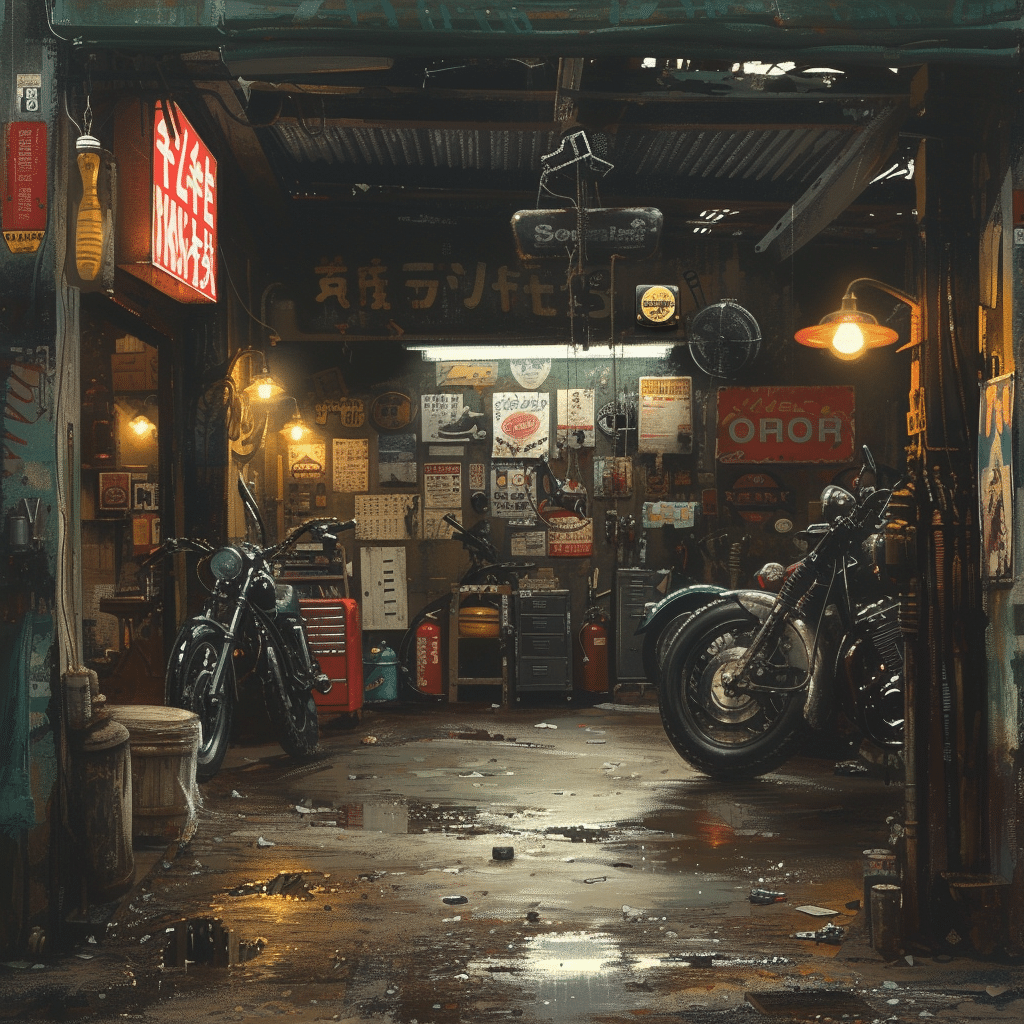
null!– wp:rank-math/faq-block null –>
nulldiv class=”wp-block-rank-math-faq-block”>nulldiv class=”rank-math-faq-item”>nullh3 class=”rank-math-question”>What is the story behind Joes garage?null/h3>nulldiv class=”rank-math-answer”>What is the story behind Joe’s Garage?
Well, buckle up! ‘Joe’s Garage: Acts I, II & III’ isn’t your average album—it’s a wild ride through a rock opera by Frank Zappa. Picture this: music’s illegal, and Joe, a typical garage band kid voiced by Ike Willis, dives headfirst into the bonkers world of the music biz. It’s a satirical saga that zigs and zags through the twists and turns of censorship and the industry’s many traps. Talk about a cautionary tale with killer tunes!null/div>null/div> nulldiv class=”rank-math-faq-item”>nullh3 class=”rank-math-question”>How old was Frank Zappa when he died?null/h3>nulldiv class=”rank-math-answer”>How old was Frank Zappa when he died?
The visionary and eclectic Frank Zappa waved goodbye to the world at the rather young age of 52. Cancer’s a real beast, and sadly, it took him from us in 1993. His legacy, though, keeps hitting all the right notes to this day.null/div>null/div> nulldiv class=”rank-math-faq-item”>nullh3 class=”rank-math-question”>Who is Mary in Joes garage?null/h3>nulldiv class=”rank-math-answer”>Who is Mary in Joe’s Garage?
Ah, Mary! In ‘Joe’s Garage,’ she’s the voice of reason in a world gone mad, and Dale Bozzio nailed the role. She’s the gal belting out tunes about everything from the Catholic Church’s gripes to rock ‘n’ roll’s steamy side. Zappa sure knew how to stir the pot with characters like her!null/div>null/div> nulldiv class=”rank-math-faq-item”>nullh3 class=”rank-math-question”>Who played drums on Joe’s Garage?null/h3>nulldiv class=”rank-math-answer”>Who played drums on Joe’s Garage?
Drum roll, please! None other than the phenomenal Vinnie Colaiuta banged the drums on ‘Joe’s Garage’, earning props as the ‘most technically advanced drummer ever’ from Modern Drummer. And let’s just say, his beats are still echoing through time!null/div>null/div> nulldiv class=”rank-math-faq-item”>nullh3 class=”rank-math-question”>Was Frank Zappa a genius?null/h3>nulldiv class=”rank-math-answer”>Was Frank Zappa a genius?
Oh, you bet your bottom dollar he was! Frank Zappa was a bona fide musical maverick—pushing boundaries, tickling the ivories, and leading the charge with his avant-garde compositions. Call him a genius? Most fans would say that’s hitting the nail on the head!null/div>null/div> nulldiv class=”rank-math-faq-item”>nullh3 class=”rank-math-question”>Why is it called watermelon in Easter hay?null/h3>nulldiv class=”rank-math-answer”>Why is it called watermelon in Easter hay?
“Watermelon in Easter Hay” — now that’s a head-scratcher of a title. But trust Zappa to whip up something that sounds like gibberish but means a lot. It’s all about juxtaposition—something rare and refreshing (like a watermelon) popping up when you’d least expect it (like in the hay on Easter). Classic Zappa whimsy!null/div>null/div> nulldiv class=”rank-math-faq-item”>nullh3 class=”rank-math-question”>How high was Frank Zappa’s IQ?null/h3>nulldiv class=”rank-math-answer”>How high was Frank Zappa’s IQ?
While Frank Zappa’s exact IQ score isn’t paraded around like a concert encore, there’s no question he was one sharp cookie. The dude was slinging complex scores like hotcakes and satirizing society like it was child’s play. If brains were bank, Zappa was rolling in dough!null/div>null/div> nulldiv class=”rank-math-faq-item”>nullh3 class=”rank-math-question”>What did Frank Zappa call his daughter?null/h3>nulldiv class=”rank-math-answer”>What did Frank Zappa call his daughter?
Calling the roll of Frank Zappa’s uniquely named kids, and Moon Unit, come on down! Yup, that’s what he christened his daughter. And with a moniker like that, you know she’s bound to be one of a kind!null/div>null/div> nulldiv class=”rank-math-faq-item”>nullh3 class=”rank-math-question”>Why did Frank Zappa walk with a limp?null/h3>nulldiv class=”rank-math-answer”>Why did Frank Zappa walk with a limp?
A limp with Zappa? Ya don’t say! Unfortunately, the maestro didn’t just have to face the music—he had to tackle a hefty shove from a fan at a concert in 1971 that sent him tumbling into an orchestra pit. The ordeal left him with a memento: a busted leg, a fractured skull, and a lifelong limp.null/div>null/div> nulldiv class=”rank-math-faq-item”>nullh3 class=”rank-math-question”>Did Prince propose to Dale Bozzio?null/h3>nulldiv class=”rank-math-answer”>Did Prince propose to Dale Bozzio?
Hold the presses—did Prince pop the question to Dale Bozzio? The rumor mill always runs wild, but this one’s got some legs. Word on the street is, the Purple One was so smitten with the ‘Joe’s Garage’ songstress that he may have gotten down on one knee. But hey, not every backstage whisper turns into a walk down the aisle!null/div>null/div> nulldiv class=”rank-math-faq-item”>nullh3 class=”rank-math-question”>What is Dale Bozzio doing now?null/h3>nulldiv class=”rank-math-answer”>What is Dale Bozzio doing now?
Ready for a ‘where are they now’ moment? Dale Bozzio, the voice behind Mary from ‘Joe’s Garage,’ continued to ride the waves of music. From her Miss America days to fronting Missing Persons, she’s kept busy. Nowadays, she’s still belting out tunes and rocking stages. Rock on, Dale!null/div>null/div> nulldiv class=”rank-math-faq-item”>nullh3 class=”rank-math-question”>Who played bass on Joes garage?null/h3>nulldiv class=”rank-math-answer”>Who played bass on Joes Garage?
The guy thumping the bass strings on ‘Joe’s Garage’ was the one and only Arthur Barrow. He didn’t just play; he laid down the groove that set the tone for the whole rock opera. Hats off to the guy—his bass licks are downright iconic.null/div>null/div> nulldiv class=”rank-math-faq-item”>nullh3 class=”rank-math-question”>Who wrote Joe’s Garage?null/h3>nulldiv class=”rank-math-answer”>Who wrote Joe’s Garage?
The mastermind behind the rock opera with enough twists to rival a pretzel? None other than Frank Zappa himself penned ‘Joe’s Garage.’ The man wore all the hats, from musician to satirist, and ‘Joe’s Garage’ is pure, unadulterated Zappa magic.null/div>null/div> nulldiv class=”rank-math-faq-item”>nullh3 class=”rank-math-question”>Who played drums with Eric Clapton?null/h3>nulldiv class=”rank-math-answer”>Who played drums with nulla class=”wpil_keyword_link” href=”https://www.vibrationmag.com/eric-clapton/” title=”Eric Clapton” data-wpil-keyword-link=”linked”>Eric Claptonnull/a>?
Sit tight, it’s a whopper of a list! But a name that sticks out is Steve Gadd, one of the slickest sticksmen to share the stage with Eric Clapton. When it comes to great grooves, these two gents made sure every beat was a clap-worthy hit.null/div>null/div> nulldiv class=”rank-math-faq-item”>nullh3 class=”rank-math-question”>Who played bass on apostrophe?null/h3>nulldiv class=”rank-math-answer”>Who played bass on Apostrophe (‘)?
That low-end growl on Frank Zappa’s ‘Apostrophe (‘)’ came from Jack Bruce, the bass legend from Cream, who co-wrote and played on the title track. It’s his funky fingers that gave those tracks their thumpin’ heart.null/div>null/div> nulldiv class=”rank-math-faq-item”>nullh3 class=”rank-math-question”>When was Joe’s Garage written?null/h3>nulldiv class=”rank-math-answer”>When was Joe’s Garage written?
Picture this: the twilight of the ’70s, disco balls spinning, rock music blaring—the perfect backdrop for Frank Zappa to cook up ‘Joe’s Garage.’ The rock opera was penned in this era of excess and introspection, a reflection of its quirky times.null/div>null/div> nulldiv class=”rank-math-faq-item”>nullh3 class=”rank-math-question”>What year was Joe’s Garage?null/h3>nulldiv class=”rank-math-answer”>What year was Joe’s Garage?
‘Joe’s Garage’ crash-landed into the music scene in 1979, sandwiched right between bell-bottoms and big hair. Frank Zappa’s rock opera became the talk of the town, and man, did it give folks something to chew on!null/div>null/div> nulldiv class=”rank-math-faq-item”>nullh3 class=”rank-math-question”>Who played bass on Joes garage?null/h3>nulldiv class=”rank-math-answer”>Who played bass on Apostrophe (‘)?
Circular question alert! Just like we zapped it back to you before, Jack Bruce, the heavyweight bass boss from Cream, laid down the badass bass lines on Zappa’s ‘Apostrophe (‘). If bass could talk, his would tell tales.null/div>null/div>null/div>
null!– /wp:rank-math/faq-block –>





